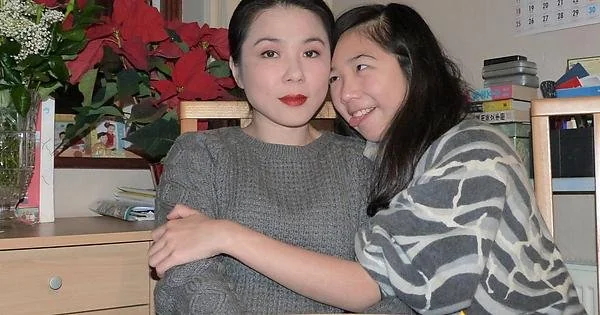A South Korean woman who was separated from her son nearly 50 years ago has filed a groundbreaking lawsuit against the government and the country’s largest adoption agency, accusing them of systemic failures that led to her child being illegally adopted to Norway.
Choi Young-ja, 72, is seeking 550 million won (approximately $403,000) in damages in a civil suit submitted to the Seoul Central District Court. The suit alleges gross negligence, falsification of records, and violation of parental rights by Holt Children’s Services and a Suwon-based orphanage, with the South Korean government named as a co-defendant for its role in overseeing the foreign adoption process.
The legal action follows the mother’s emotional reunion with her son, Paik Sang-yeol, in 2023—nearly five decades after he vanished in July 1975 at the age of three. According to Choi, her son disappeared after chasing a fumigation truck near their home in Seoul. Despite repeated efforts to locate him—including multiple visits to Holt with his photo—she was told there was no trace of him. Unbeknownst to her, he had been placed under a different name and photograph and sent to Norway just five months later.
The lawsuit accuses authorities and adoption agencies of mishandling her son’s case. “Even though he was old enough to speak and showed clear signs of having a family, no effort was made to verify his identity,” said Choi’s legal counsel, Jeon Min Kyeong. The boy was falsely documented as an abandoned orphan, despite his mother’s continued search.
The case comes as South Korea grapples with mounting scrutiny over decades of international adoptions that critics say were riddled with fraud, manipulation, and negligence. Roughly 200,000 Korean children have been adopted overseas since the 1950s, many under questionable circumstances.
A March report by South Korea’s Truth and Reconciliation Commission concluded that past military regimes prioritized cost-cutting over family preservation, delegating child placements to private agencies with minimal oversight. The commission found thousands of cases in which children with living parents were mislabeled as orphans to facilitate faster adoptions to the West, particularly during the program’s peak in the 1970s and 1980s.
Choi’s legal challenge is the second of its kind. In October, another woman in her 70s, Han Tae-soon, filed a suit over the 1976 adoption of her daughter to the United States under similar circumstances. Until now, lawsuits had been limited to adoptees. In 2019, Adam Crapser became the first adoptee to sue the Korean government and Holt, claiming his adoption to the U.S. led to abuse and deportation. His case was ultimately dismissed by Seoul’s High Court.
Choi’s son has declined to publicly comment but reunited with his mother last year after a DNA match through 325Kamra, a volunteer organization aiding Korean adoptees in finding their birth families. He had spent decades in Norway unaware of his true origins.
South Korea’s Justice Ministry declined to comment, citing the ongoing litigation. Holt Children’s Services has not responded to requests for comment.
The Truth and Reconciliation Commission, which had pledged deeper accountability following its March findings, concluded its investigation mandate this week. Of the 367 complaints submitted by adoptees since 2022, only 56 cases were formally recognized as human rights violations. The fate of the remaining cases now depends on the incoming administration following the June 3 presidential election.
As South Korea confronts its troubled adoption legacy, Choi’s lawsuit could prove to be a landmark case for birth parents seeking long-overdue justice.


